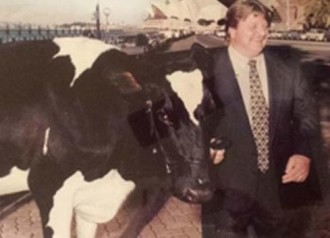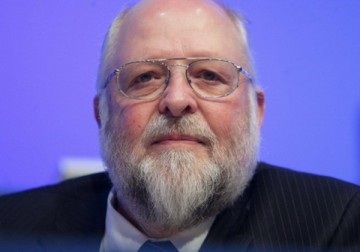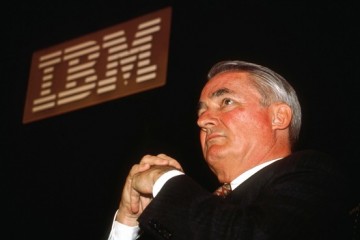 One of the founders of 1990’s giants Gateway Computer has died.
One of the founders of 1990’s giants Gateway Computer has died.
In 1985, Mike Hammond, 53, met fellow co-founder Ted Waitt when they worked for a Des Moines computer and software seller.
The pair created a computer company. They set up in a vacant space on the Waitt family cattle farm thanks to $10,000 in collateral put up by Waitt’s grandmother.
Waitt once told Business Week magazine that because of a non-compete clause with their previous employer he and Hammond operated under the fake names “Max Wheeler” and “Ed Zimmerman” when setting up “Gateway 2-Thousand.”
Originally called Gateway 2000, it was one of the first widely successful direct-sales PC companies, which it copied from Dell. It emphasised its Iowa roots with low-tech advertisements proclaiming “Computers from Iowa?” The computers were built from Texas instrument parts. Gateway built brand recognition in part by shipping computers in spotted boxes patterned after Holstein cow markings.
In 1989, Gateway moved its corporate offices and production facilities to North Sioux City, South Dakota. In line with the Holstein cow mascot, Gateway opened a chain of farm-styled retail stores called Gateway Country Stores, mostly in suburban areas across the United States. It dropped the “2000” from its name on October 31, 1998
Hammond served in various capacities for the company that eventually grew to more than 24,000 employees across the globe. However more people entered the market and profit margins shrank. The company tried to expand into consumer electronics and opened retail stores, but didn’t succeed.
In October 2007, the company was flogged off to Acer for US$710 million. J. T. Wang, the company’s chairman, said in a statement that the acquisition “completes Acer’s global footprint, by strengthening our US presence.”
Hammond when on to set up Dakota Muscle to restore and repair classic cars.







